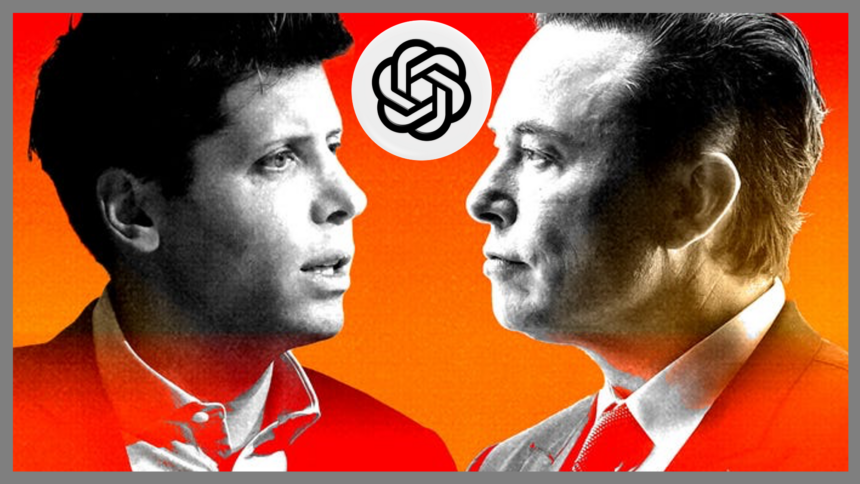Sam Altman, CEO of OpenAI, has made it clear: the company is not for sale. His statement follows a $97.4 billion takeover bid led by Elon Musk, who co-founded OpenAI before departing over internal disagreements. Altman addressed the situation at the AI Action Summit in Paris, emphasizing that OpenAI remains committed to advancing artificial general intelligence (AGI) for the benefit of humanity and will not be swayed by external takeover attempts. The bid, submitted through Musk’s legal team, sought complete control of OpenAI’s assets, but Altman swiftly dismissed it.
In a direct and pointed response on Musk’s social media platform X, Altman posted, “No thank you, but we will buy Twitter for $9.74 billion if you want.” His bold reaction underscores the ongoing tension between the two AI pioneers and signals that OpenAI intends to maintain its independent trajectory.
What’s Happening & Why This Matters
The Complex Structure of OpenAI
Unlike traditional tech giants like Meta, Microsoft, or Alphabet, OpenAI operates under a hybrid structure that blends nonprofit and for-profit entities. This unique framework ensured that AGI development remained aligned with public interest rather than corporate profit motives. However, Musk has long expressed dissatisfaction, claiming that OpenAI has strayed from its original mission and is now overly influenced by large-scale corporate interests.
Altman countered these claims, stating that OpenAI’s governance structure is designed to prioritize safety and ethical AI development while still attracting the necessary funding to advance its research. He dismissed Musk’s bid as an attempt by a competitor who has failed to surpass OpenAI in the AI race and now seeks control through acquisition.
Could OpenAI’s Board Consider a Higher Offer?
Altman may have rejected Musk’s initial bid, but OpenAI’s board holds the final authority over major financial decisions. Some board members may be open to an acquisition if Musk’s consortium significantly increases the offer. At present, Musk’s $97.4 billion proposal falls far below OpenAI’s estimated $157 billion valuation from October 2023, with ongoing funding talks suggesting a potential $300 billion valuation shortly.
Musk’s legal representative, Marc Toberoff, has hinted that the consortium is “prepared to consider raising the bid to match or exceed future offers.” Musk’s team has argued that, as “the most accomplished tech innovator in modern history,” he is the best person to scale OpenAI’s capabilities and guide its future development. However, OpenAI leadership and investors remain skeptical of Musk’s motivations.
OpenAI’s Expansion Plans and the AI Infrastructure Race
Beyond this takeover drama, OpenAI is moving forward with aggressive AI infrastructure expansions, aiming to solidify its leadership in the field. The company has partnered with Oracle, a Japanese investment consortium, and an Emirati sovereign wealth fund to develop a $500 billion AI infrastructure project within the United States.
Dubbed The Stargate Project, President Donald Trump announced this initiative at the White House and is described as “the largest AI infrastructure development in history.” This expansion seeks to establish a next-generation AI compute hub, reinforcing OpenAI’s dominance in the AI space.
However, Musk remains a vocal critic of OpenAI’s plans, stating that the Stargate Project lacks confirmed funding and is exaggerated for media impact. Despite these claims, OpenAI’s backers remain confident in the project’s feasibility and impact.
TF Summary: What’s Next
Sam Altman has firmly rejected Musk’s attempt to acquire OpenAI, but the situation remains fluid as OpenAI’s board holds the authority to engage in further discussions. If Musk decides to increase his bid, internal deliberations may shape the company’s future. Meanwhile, OpenAI is pressing forward with massive AI infrastructure projects, reinforcing its status as a leader in artificial intelligence development. With Musk and Altman’s rivalry intensifying, the battle for AI supremacy is far from over.
— Text-to-Speech (TTS) provided by gspeech


